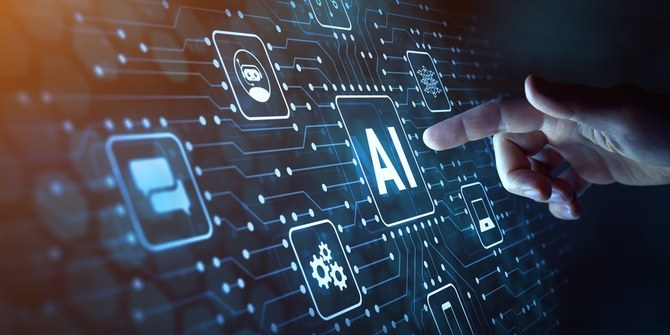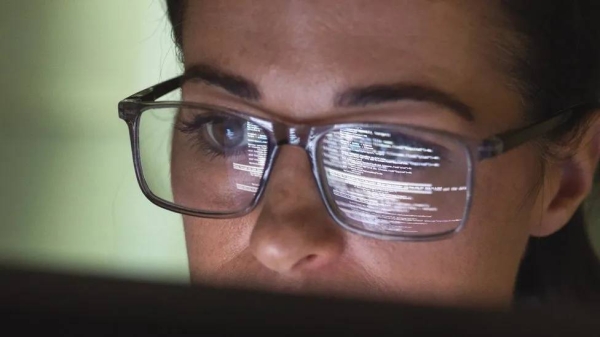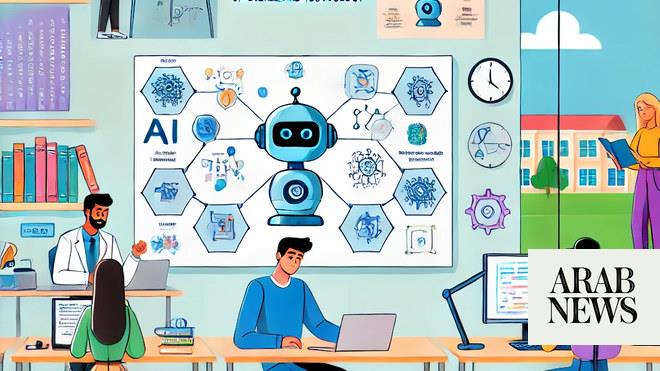
RIYADH: Artificial intelligence is set to affect 40 percent of jobs globally and risk increasing labor inequality, according to the IMF chief.
Kristalina Georgieva, managing director of the Washington-based lender, explained it was crucial for countries to establish social safety nets and offer retraining programs for vulnerable workers.
She said: “In doing so, we can make the AI transition more inclusive, protecting livelihoods and curbing inequality.”
In a blog post analysis on Jan. 14, Georgieva highlighted that in advanced economies about 60 percent of jobs may be impacted by AI and that “roughly half the exposed jobs may benefit from AI integration, enhancing productivity.”
She added: “For the other half, AI applications may execute key tasks currently performed by humans, which could lower labor demand, leading to lower wages and reduced hiring.”
Georgieva said: “In the most extreme cases, some of these jobs may disappear.”
AI is expected to affect 40 percent of jobs in emerging markets and 26 percent in low-income countries. These figures indicate that such places would face fewer immediate disruptions from the technology.
“At the same time, many of these countries don’t have the infrastructure or skilled workforces to harness the benefits of AI, raising the risk that over time the technology could worsen inequality among nations.” Georgieva added.
The head of the IMF also warned that AI could affect income and wealth inequality within countries, highlighting that “we may see polarization within income brackets, with workers who can harness AI seeing an increase in their productivity and wages, and those who cannot falling behind.”
She said: “Research shows that AI can help less experienced workers enhance their productivity more quickly. Younger workers may find it easier to exploit opportunities, while older workers could struggle to adapt.”
Nevertheless, the IMF chief began the analysis by emphasizing “AI will transform the global economy,” adding: “let’s make sure it benefits humanity.”
The report was published in time for the annual meeting of the World Economic Forum in Davos, Switzerland.
AI has lately been the topic of the hour, with countries rushing to draft regulatory guidelines for the technology. In December 2023, EU negotiators reached a provisional deal on the world’s first comprehensive AI rules.
A month earlier, the UK hosted an AI Safety Summit where 28 countries signed the Bletchley Declaration to ensure the safe development and use of the technology.
In October 2023, US President Joe Biden signed an executive order to ensure AI safety requiring developers to share safety test results in respect of the technology with the US government.










